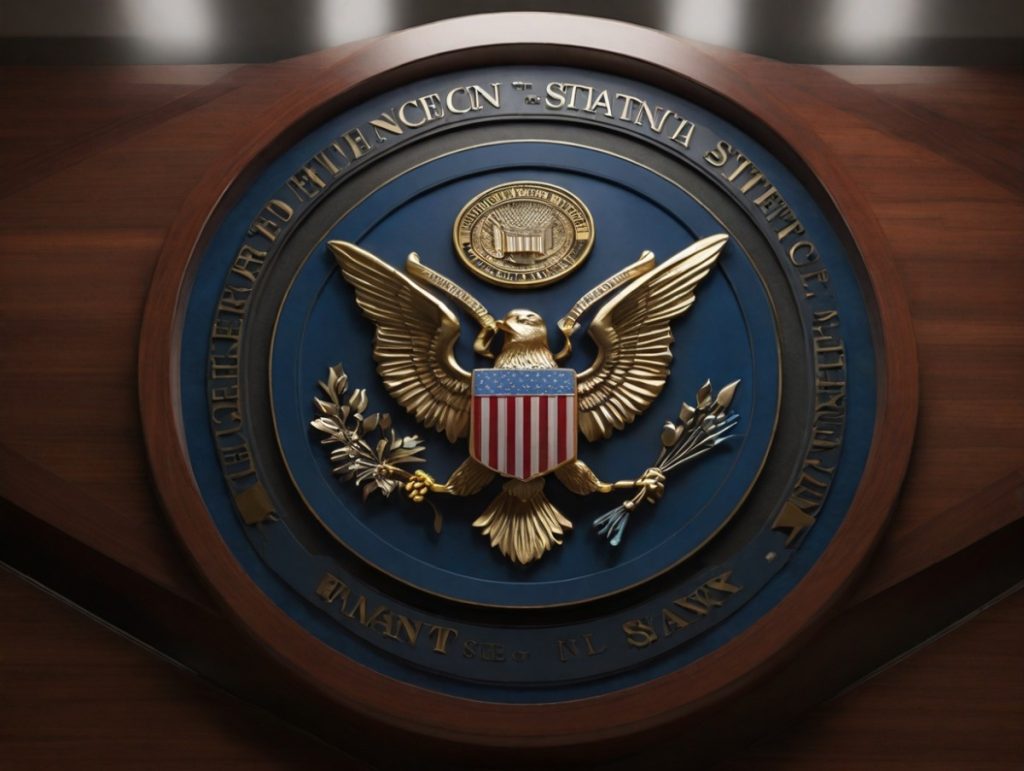Henson Orser, the Chief Executive Officer of Dubai’s Virtual Asset Regulatory Authority (VARA), announced his resignation on November 16, marking a significant change in the leadership of the regulatory body. The development comes at a critical time as VARA is poised to impose substantial fines on over a dozen cryptocurrency companies for failing to adhere to regulatory standards. The deadline for these companies to comply with VARA’s guidelines was set for November 17.
The new leadership in Dubai and future directions
Matthew White, a partner at PwC and a consultant at VARA, has been named as the new CEO. White’s appointment indicates a strategic shift in VARA’s approach towards regulating the burgeoning crypto sector in Dubai. Under his leadership, VARA is expected to continue its rigorous enforcement of compliance standards, ensuring that Dubai remains a leading hub for virtual assets while maintaining robust regulatory oversight.
Henson Orser, who began his tenure as VARA’s first-ever CEO in January 2023, is reportedly leaving for personal reasons, although no official statement has been made regarding the specifics of his departure. Despite stepping down, Orser will continue to contribute to VARA in a consultative capacity. His brief yet impactful tenure was marked by significant strides in establishing regulatory frameworks for virtual assets in Dubai, a legacy that his successor is set to build upon.
The abrupt resignation of Henson Orser from his position as CEO of VARA raises several questions about the challenges and pressures faced by regulatory bodies overseeing the rapidly evolving cryptocurrency sector. Orser’s departure comes at a time when VARA is intensifying its regulatory efforts, signaling a possible shift in strategy or response to the complexities of regulating digital assets.
Expansion and analysis
Matthew White’s appointment as the new CEO is a strategic move that could bring fresh perspectives and approaches to VARA’s regulatory practices. His background with PwC and experience as a consultant for VARA may provide him with the necessary insights to navigate the intricate landscape of cryptocurrency regulation. The continuation of Orser in a consultative role suggests that his expertise and understanding of the sector are still valued by VARA. The arrangement might provide a seamless transition and ensure that the regulatory authority continues to benefit from his experience.
The impending fines on cryptocurrency companies for non-compliance highlight the stringent regulatory environment in Dubai. The move by VARA underscores the authority’s commitment to enforcing compliance and maintaining a secure and regulated digital asset market. The impact of these fines on the cryptocurrency market in Dubai and the response from the affected companies will be critical to observe.
The evolution of VARA under Matthew White’s leadership will be crucial in determining the future of cryptocurrency regulation in Dubai. The balance between fostering innovation in the virtual asset sector and ensuring robust regulatory compliance will be a key challenge for the new CEO.
Conclusion
The leadership change at VARA marks a pivotal moment in Dubai’s approach to cryptocurrency regulation. The transition from Orser to White, coupled with the ongoing regulatory developments, will be instrumental in shaping the future of virtual assets in the region. As the cryptocurrency landscape continues to evolve, the role of regulatory bodies like VARA will be increasingly significant in ensuring a balanced and secure digital asset market.




